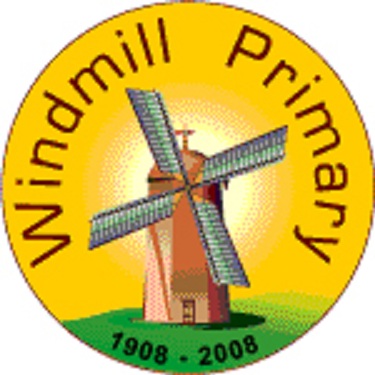Phonics
Phonics at Windmill
The goal of phonics teaching is for children to learn the relationship between sounds and the written spelling patterns which represent them. Children use phonics to learn how to decode (to read) and encode (to write/spell). Our aim is to provide high quality systematic teaching to ensure children’s success in becoming early readers and to give them the strategies that will enable them to unlock a life-long love of reading.
Implementation
The national guidance document ‘Reading By Six’ says ‘The best phonics teaching is characterised by planned structure, fast pace, praise and reinforcement, perceptive responses, active participation by all children and evidence of progress.’
In Reception and Year 1, children have daily discrete phonics lessons. We follow the Read Write Inc scheme created by Ruth Miskin to teach phonics. Pupils are split into smaller groups in which the work is matched at the correct level. Phonics sessions involve reading and writing specific sounds in a variety of active and fun ways including games and stories.
The children’s progress and phonic knowledge is regularly monitored. If any child requires additional support this is put in place as early as possible. Year 1 children then take part in a statutory Phonics Screening during Term 6. The main purpose of this is to give a summative assessment of the children’s progression in learning to read over the previous two years and this is reported to parents at the end of the school year. The screening enables us to recognise children who require additional support and need to continue with the phonics program in Year 2.
By the end of year 1 children should be able to:
· Apply phonic knowledge and skills as the route to decode words
· Respond speedily with the correct sound to graphemes (letters or groups of letters) for all 40+ phonemes, including, where applicable, alternative sounds for graphemes
· Read accurately by blending sounds in unfamiliar words containing GPCs that have been taught
· Read books aloud, accurately, that are consistent with their developing phonics knowledge and that do not require them to use other strategies to work out words
Useful Websites
https://home.oxfordowl.co.uk/reading/learn-to-read-phonics/
